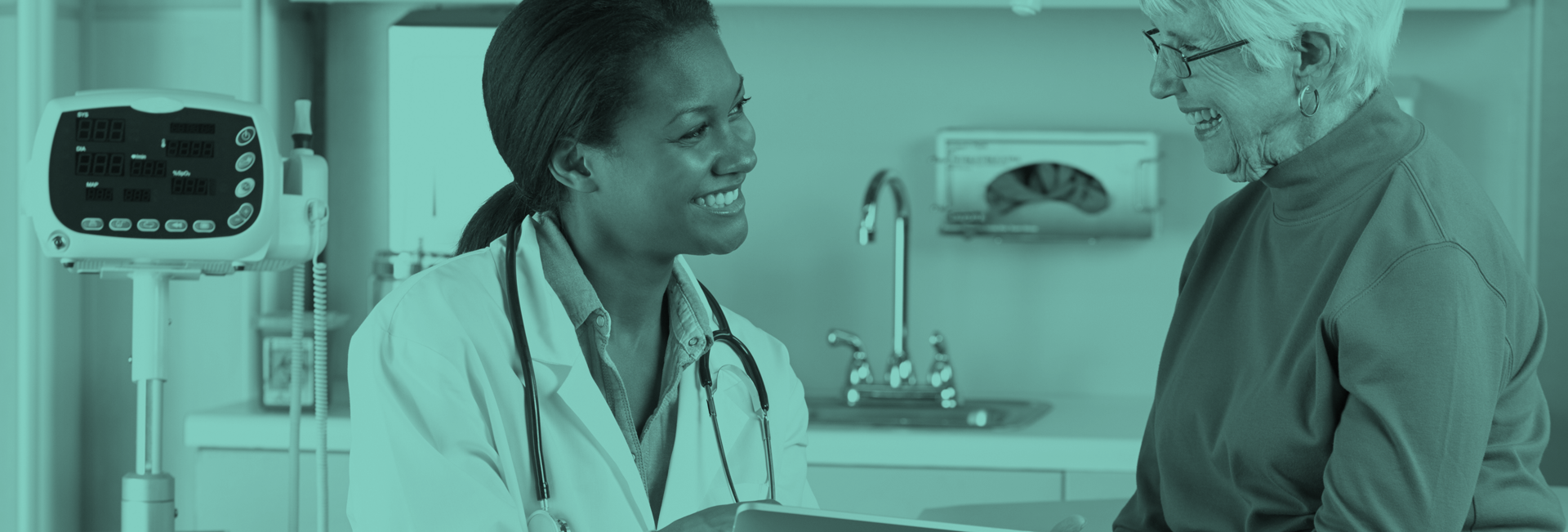Each of the modules demonstrates fundamental and advanced interactional skills, while providing users with knowledge, skills review and opportunities for reflection. Through interactive videos, clinicians demonstrate encounters with patients and provide text and video commentary on the interview. These real-world scenarios challenge learners to develop sensitivity to differing communication styles and difficult situations while improving their ability to respond respectfully and skillfully.
The benefits of communication skills
Modules address a range of communication and relationship-centered topics, ranging from core interviewing skills to advanced competencies. Health Care Communication also covers psychosocial issues such as alcoholism, domestic violence, depression, behavior change and somatization, and professional issues such as mistakes, boundaries, mindfulness, teamwork, and self-care. Interested in previewing how well Health Care Communication modules teach these real-world competencies? Take a look at our six FREE demo modules.
Teaching effectiveness
Health Care Communication is modeled after the flipped classroom where modules are assigned for non-classroom work. Faculty may assign multiple choice questions which are automatically graded, or essay questions through the comprehensive learning management system. Oftentimes, schools and residency programs will then meet in small groups to watch videos, role play or discuss reflective questions. This hybrid model allows students to learn at their own pace but is complemented with discussions to cement the learnings.
With the advent of patient satisfaction surveys, known as HCAHPS, which are tied to money through the Centers for Medicare and Medicaid Services (CMS), it’s more important than ever that clinicians demonstrate excellent communication skills. CMS, as well as the Cleveland Clinic, have recognized that communication dimensions drive the overall patient satisfaction scores.


